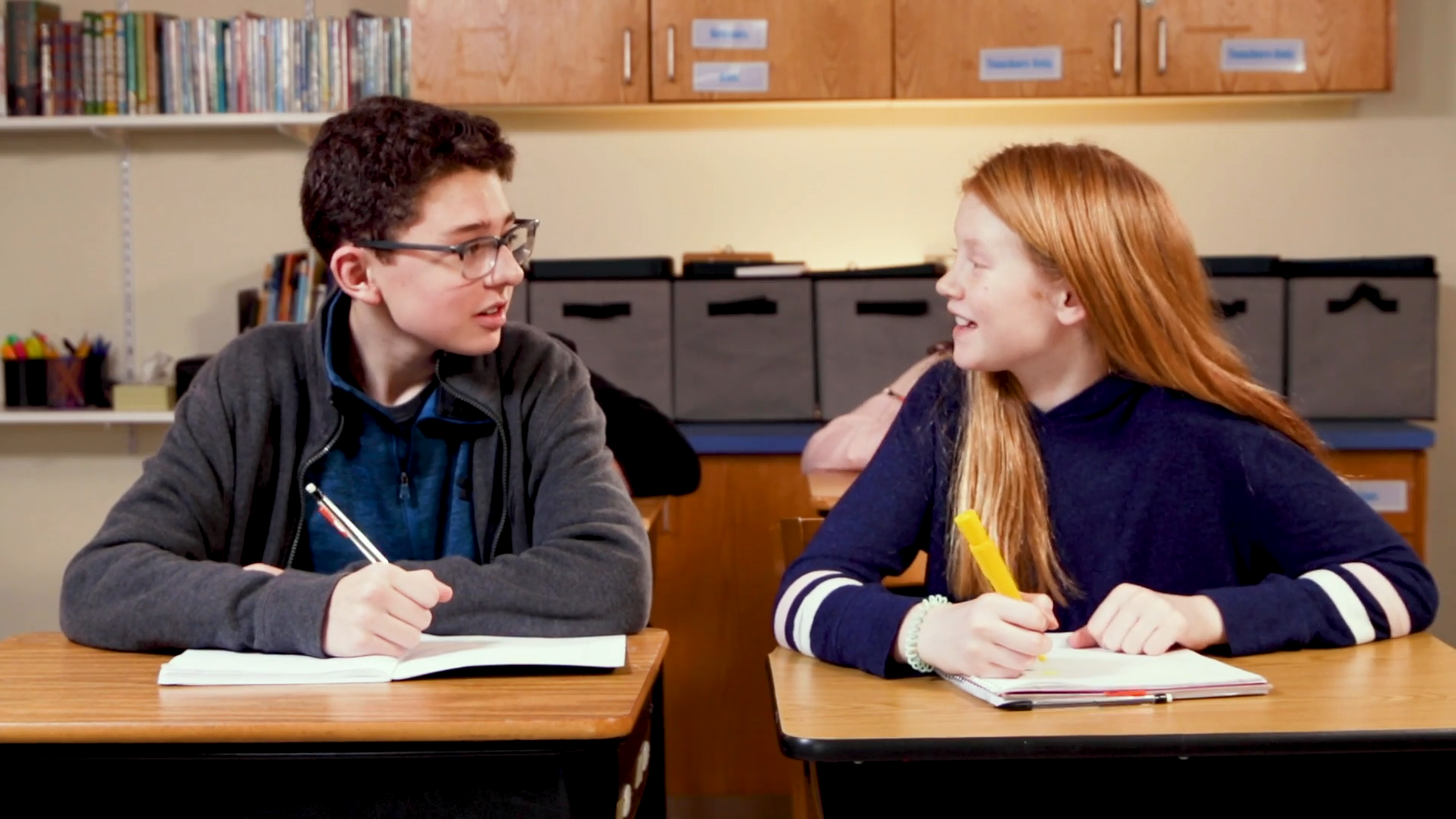
Introduction
Compromise is an essential skill that helps children develop healthy relationships and navigate social situations. In this blog post, we will explore the importance of teaching compromise and negotiation skills to Kindergarten students. We will also discuss a no-prep activity, discussion questions, and related skills to help educators incorporate these concepts into their lessons.
No-Prep Activity: The Fairness Game
This activity requires no preparation or materials from the educator and helps students understand the concept of compromise. Divide the class into pairs and assign each pair a situation where they need to reach a compromise. For example, deciding who gets to use a toy first or choosing a game to play during recess. The students need to discuss and find a solution that creates a win-win outcome for both of them. After each pair has reached a compromise, have them share their solutions with the class. This activity encourages students to practice listening, communication, and negotiation skills while finding fair solutions.
Discussion Questions
- Why is it important to listen to the other person’s point of view during a negotiation?
- Can you think of a time when you had to compromise with someone? How did you feel after reaching an agreement?
- Why is it important to use polite language when discussing a compromise?
- How can we ensure that a compromise is fair for everyone involved?
- Why is it important to be willing to give up something during a negotiation?
Related Skills
Teaching compromise and negotiation skills to Kindergarten students is a crucial aspect of Social-Emotional Learning. Other relevant skills that can be developed alongside compromise include:
- Empathy: Understanding and sharing the feelings of others is key in successful negotiations.
- Active listening: Paying close attention to what the other person is saying and responding thoughtfully is essential in reaching a fair compromise.
- Assertiveness: Expressing one’s thoughts and feelings clearly and respectfully is crucial in a negotiation.
- Problem-solving: Identifying and resolving conflicts through constructive communication and cooperation.
- Resilience: Learning to accept and adapt to changes and setbacks, which is especially important when giving up something during a negotiation.
Next Steps
Now that you have a better understanding of how to teach compromise and negotiation skills to Kindergarten students, consider incorporating these concepts into your classroom activities. To explore more resources and get free samples of materials related to compromise and other essential social-emotional skills, sign up at Everyday Speech. These materials will provide you with additional tools and strategies to help your students develop strong social-emotional skills that will benefit them throughout their lives.

